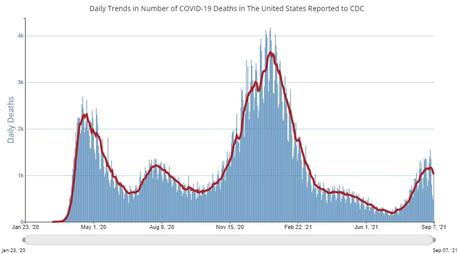 148,538 new cases yesterday.
148,538 new cases yesterday.
1,537 deaths from Covid in Wednesday as we prepare to mark the 20th anniversary of 9/11, when 2,996 people died in a terrorist attack and the whole country mobilized and did whatever it took to prevent another one including, for some reason, going to war against Iraq and Afghanistan. We haven't gone to war against Covid – at best, we've sort of tried to avoid it. At one time, it was possible to eradicate the virus but that window has closed and now the World Health Organization says we're just going to have to get used to Covid being one of the leading causes of death.
If the world had taken early steps to stop the spread of the virus, the situation today could have been very different, WHO officials said.
“We had a chance in the beginning of this pandemic,” Maria Van Kerkhove, the WHO’s technical lead on Covid-19, said Tuesday. “This pandemic did not need to be this bad.
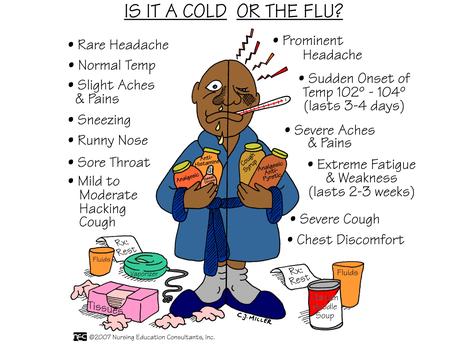 Well, that's water under the bridge now. Only that water will be getting us wet for the rest of our now-shortened lives and we're about to run headlong into regular flu season, where every time you cough or sneeze you now end up thinking "Is this IT?" That can be kind of stressful, don't you think?
Well, that's water under the bridge now. Only that water will be getting us wet for the rest of our now-shortened lives and we're about to run headlong into regular flu season, where every time you cough or sneeze you now end up thinking "Is this IT?" That can be kind of stressful, don't you think?
652,699 people have died of Covid in the US so that's 1 in 500 and we'll have to "learn to live with it," apparently. Going back to school has, in the first month, led to 30,000 children being hospitalized with Covid in August and the North hasn't even opened yet.
Pediatric hospitalizations, driven by a record rise in Covid-19 infections among children, have swelled across the country, overwhelming children’s hospitals and intensive care units in states like Louisiana and Texas. “It should concern us all that hospitalizations — indicators of severe illness — are rising in the pediatric population, when there are a lot of steps we could take to prevent many of these hospitalizations,” said Jason L. Salemi, an epidemiologist at the University of South Florida,
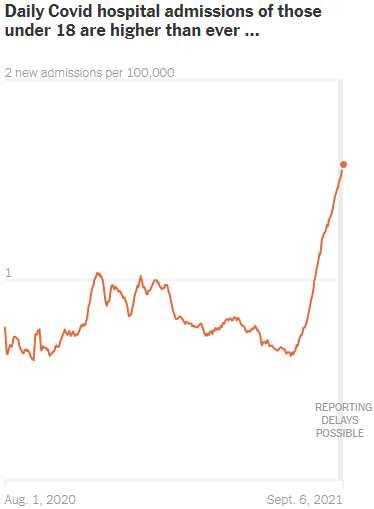 Public health officials and experts also caution that even small increases in the number of pediatric Covid-19 patients can put a major strain on pediatric hospitals and I.C.U.s, many of which are already overstretched with nursing shortages and an unusual summer surge of respiratory syncytial virus or R.S.V. “The average pediatric I.C.U. in the U.S. has 12 beds,” said Dr. Christopher Carroll, a pediatric intensivist at Connecticut Children’s Medical Center. “In a system that small, even a few patients can quickly overrun the capacity. And there are fewer specialty trained pediatric clinicians to pick up the slack.”
Public health officials and experts also caution that even small increases in the number of pediatric Covid-19 patients can put a major strain on pediatric hospitals and I.C.U.s, many of which are already overstretched with nursing shortages and an unusual summer surge of respiratory syncytial virus or R.S.V. “The average pediatric I.C.U. in the U.S. has 12 beds,” said Dr. Christopher Carroll, a pediatric intensivist at Connecticut Children’s Medical Center. “In a system that small, even a few patients can quickly overrun the capacity. And there are fewer specialty trained pediatric clinicians to pick up the slack.”
More child Covid-19 cases — greater than 250,000 — were recorded in the past week than at any previous point in the pandemic, according to the most recent American Academy of Pediatrics survey of state data. More than five million children have tested positive for Covid-19 since the pandemic’s start.
Public health experts caution that the magnitude of childhood infections matters even if most cases are mild, because scientists are still working to understand the long-term impacts of the disease, including “long Covid,” the presence of lingering neurological, physical or psychiatric symptoms after Covid infection. “These are children whose development and futures may be compromised,” said Dr. James Versalovic, the interim pediatrician in chief at Texas Children’s Hospital. “The collective impact when we look ahead is significant.”
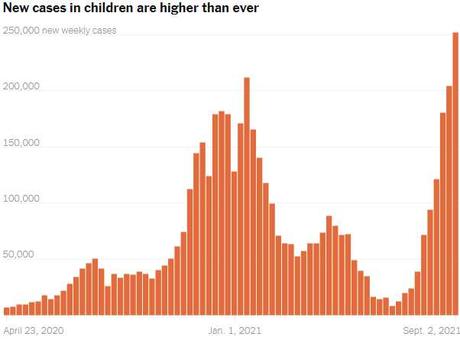
And that's why Covid is economically important to pay attention to. At the moment, stimulus money is papering over our problems but that can't go on forever and that means, at some point the loss of life and the loss of productivity is going to matter and it will have a sharply negative impact on the economy – because so far it's having none in this artificial environment.
Speaking of stimulus, we're only running a $3.2Tn deficit this year so why not pass another $4.5Tn in stimulus? To be fair, $3.5Tn of it is over 10 years and is only a drop in the bucket for what we need to address our crumbling infrastructure, modernizing the power grid and combating global warming – more like $20Tn on the low end. You can see how hard it has been to get just the $3.5Tn passed so we're probably doomed – it's just a question of how soon, I suppose…
I know I come down on both sides of the debt issue – we do NEED to spend money on Infrastructure and Climate Change – it HAS to be done, but those are investments in our future. Rather than giving tax breaks to rich people and corporations to incentify better behavior (as if that works), why doesn't the Government just build the stuff and make the money back charging for the services in the future – like tolls on the highways and the Tenessee Valley Authority, which was created by Congress in 1933, and is a self-sustaining entity to this day.
Let the people invest in these infrastructure projects through bonds that can pay double the interest we get in the banks and, if we still feel the need to give rich people more money – make them tax-free bonds so we can all invest in a better future. Now that's good SOCIALISM!
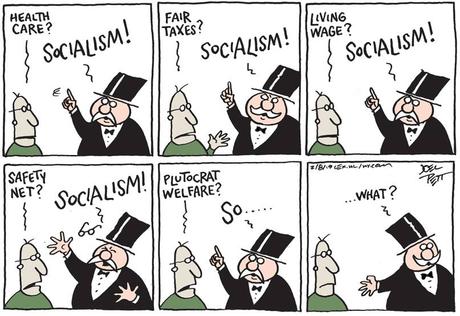
Do you know someone who would benefit from this information? We can send your friend a strictly confidential, one-time email telling them about this information. Your privacy and your friend's privacy is your business... no spam! Click here and tell a friend!

